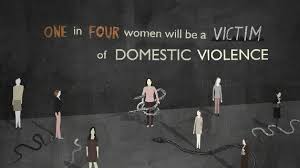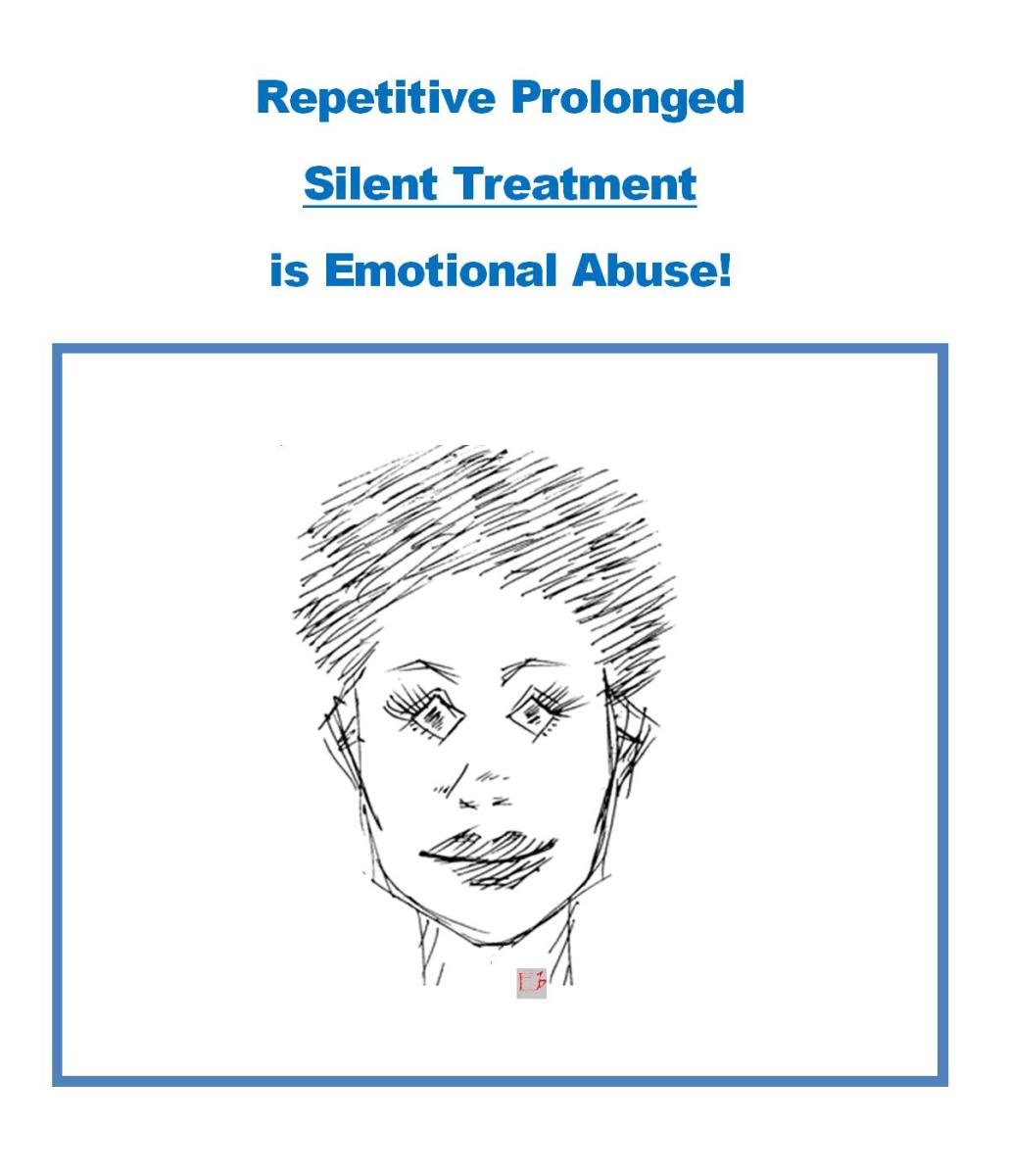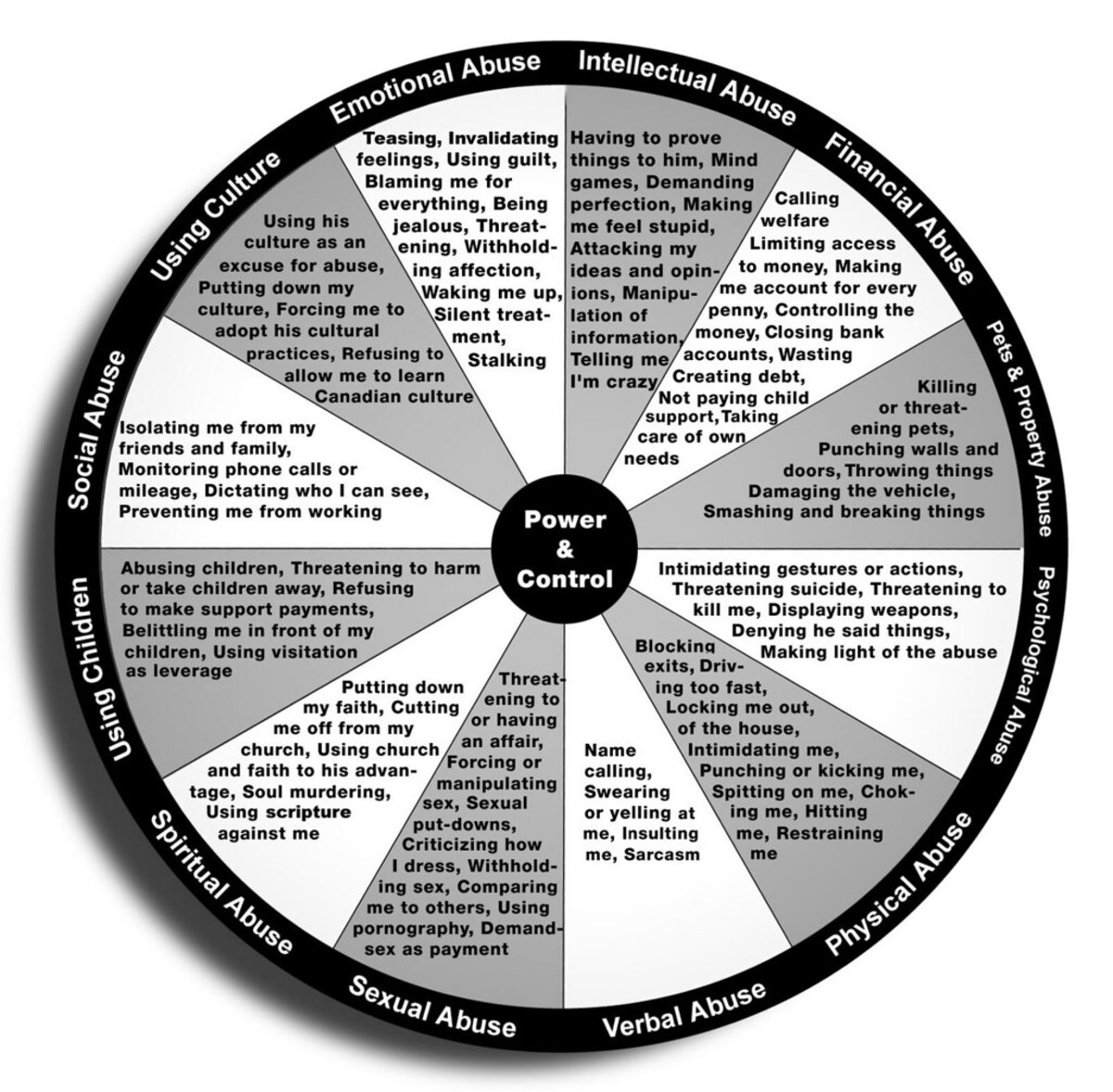Domestic Violence (DV) in a Culture, Part 2


Domestic Violence in a Culture, Part 2
Volume 5, Issue 6, January 29, 2014
Domestic Violence can have long lasting effects on a person’s psyche and sometimes recurrent episodes of stress and anxiety. It is a stigma to the individuals mind and body. Speaking from my own personal experience and through an experience in my employment, I was affected in different ways by my work, personally, and through my experiences socially.
I had an experience through my employment that had a long lasting impact on my perceptions of the victim’s and the way I seen domestic violence through my eyes in my life. To inform you on how I felt previous to this event that has had an impact on my life, I will share the moments in my work experience that led to this 180 degree perspective.
Before encountering so many victims of domestic violence and abuse, I had the impression that the victims of domestic violence were only women and that men were not victims of domestic violence. Boy was I wrong! The other thing that I had in my perceptions of domestic violence was that the woman could and should get away from their perpetrator. But what I did not know was the fear, dependency, affective disorders, and other issues that arise out of domestic violence that keeps the victim in the same household of their perpetrator. Not to promote by any means breaking up the household, unless it is detrimental and a life or death situation, I would recommend leaving the perpetrator. I also had trouble identifying why some victims would not report abuse or go to the police, it was something I just did not understand. Nor did I understand why the neighbors did not intervene or call the police when they have heard or are hearing abuse taking place both verbally and physically.
As a matter of fact, on the same day of my part one posting of “Domestic Violence in A Culture,” on January 24, 2014, there was a victim on my street a block away being abused physically and emotionally. The neighbors who heard the altercation did nothing and did not intervene or call police. Some had the impression that they should not call police because it was in their home, others still wanted to intervene but did not. So what can we do to inform the public on how to proceed on such events that they encounter? My first thought was, if I had heard this event I would have called police regardless. The reason some people do not call is because they do not want to get involved in someone else’s business. However, if it was me in the place of the victim, I surely would have wanted someone to call the police if they could not intervene. So where do you draw a line in intervening in a domestic dispute? Do the police have too many other calls they handle that it is not as important as other calls? We will discuss some of these issues one at a time.
But first, I want to give you the story of what led me to the occasion or event that changed my thinking and affected my way of thinking and perceptions. I was assisting a young woman in her 20’s with domestic violence papers and she seemed unfocused and jittery all of the time I was speaking to her. In fact she seemed like a person that was taking drugs or medication. But, this was not the case. Her nervous jittery way was an emotional effect and response to the stress and emotional turmoil of the occasion the fear was taking control of all of her emotions. As I recall she looked horrible like she had not slept either and her hair was not combed thoroughly, she looked like she left in a rush to get to our offices. I had a few encounters with this young woman that it left me on edge and sort of oblivious to what was really happening. After a few times of having her update her petition and encounters of her running scared and telling me that she was afraid the perpetrator would find her again, like he always had, I began to become very concerned with her safety and well-being. It was the first time I had ever felt that uncomfortable with assisting someone in the domestic violence program, but I referred this young woman to the lead attorney, so that we could determine if she needed more in referrals and resources that we did not offer at our legal entity. After about a couple of months with going back and forth with the lead attorney, someone in the office came to me and told me that the young woman I had been helping was killed by the perpetrator. I was taken a-back, startled, and dumbfounded by what she had just told me. I did not ask or actually refused to ask how she died and what did the perpetrator do to the young woman. It affected me personally, emotionally, and professionally. Then, to make this young woman’s death even more horrific was the fact that the perpetrator was in charge of the young woman’s funeral arrangements and he had dressed this young woman like a homeless person or in dirty raggedy clothes that did not fit her. It was appalling because the attorney and some of the staff were at her funeral and said she was dressed horribly. Attesting to the fact that the perpetrator was morbid and uncaring in his efforts to totally destroy everything about this young woman who was once vibrant and youthful. Needless to say, this victim had children who were exposed and witnessed the violence.
The event changed me as a person and as an advocate in every shape and form. Let’s discuss what perceptions police have about domestic violence. Most domestic violence calls or disturbances reported to police are visited with extreme caution because of the volatility and explosiveness of a domestic violence situation. In addition, to the fact that they have to try and determine who actually caused the violence or whose fault it is, they find themselves being a mediator at the onset of a domestic dispute. Domestic Violence could be one of the most dangerous parts of a police officer’s job when handling a domestic violence disturbance. For the most part it is the most unpredictable of events and could become dangerous and deadly in an instant. According to a report on police officer’s death in 2009, 5 police officers were killed in America and 12 just one year prior to answering domestic violence disturbances (http://www.star-telegram.com/2010/12/29/2733764/domestic-disturbance-calls-are.html).
It is important to report disturbances, especially domestic violence disturbances because it could be a matter of life or death of a victim. There are 1,300 deaths caused each year as a result of domestic violence and 2 million injuries reported as a result of domestic violence. Health costs range in the $5.8 billion dollar range each year and 8 million days of employment are lost due to domestic violence issues. There are at least 33% of all police services responding to domestic violence disputes. This is only scratching the surface; there are billions of unreported cases each year (http://www.clicktoempower.org/domestic-violence-facts).
Victims and witnesses to domestic violence are unwilling victims of long-lasting emotional distress due to the fact they were victims of violence and those who may have witnessed an abuse occur, like a child or children of the domestic violence victim. The children who witness also in turn become victims in the domestic violence event. The child or children see, witness, imitate, emulate, and do what their parents teach them in life.
Please report domestic violence or call your local authority or community center to find ways to get help for both the victim or victims and the perpetrator.
THE NATIONAL DOMESTIC VIOLENCE HOTLINE at 1-800-799-7233
THE NATIONAL SEXUAL ASSAULT HOTLINE AT 1-800-656-4673
THE NATIONAL TEEN DATING ABUSE HOTLINE AT 1-866-331-9474
References
Retrieved from the Internet
(http://www.huffingtonpost.com/2013/03/08/south-africa-violence...).
http://hub.me/ag8dC
http://nws.merriam-webster.com/opendictionary/
(http://www.huffingtonpost.com/2013/03/08/south-africa-violence...).
http://www.clicktoempower.org/domestic-violence-facts.
http://www.star-telegram.com/2010/12/29/2733764/domestic-disturbance-calls-are.html









